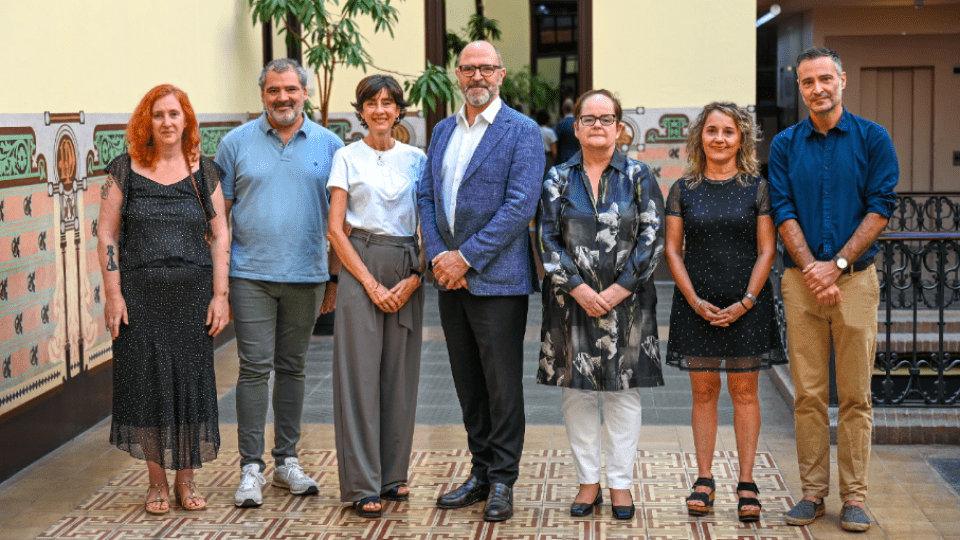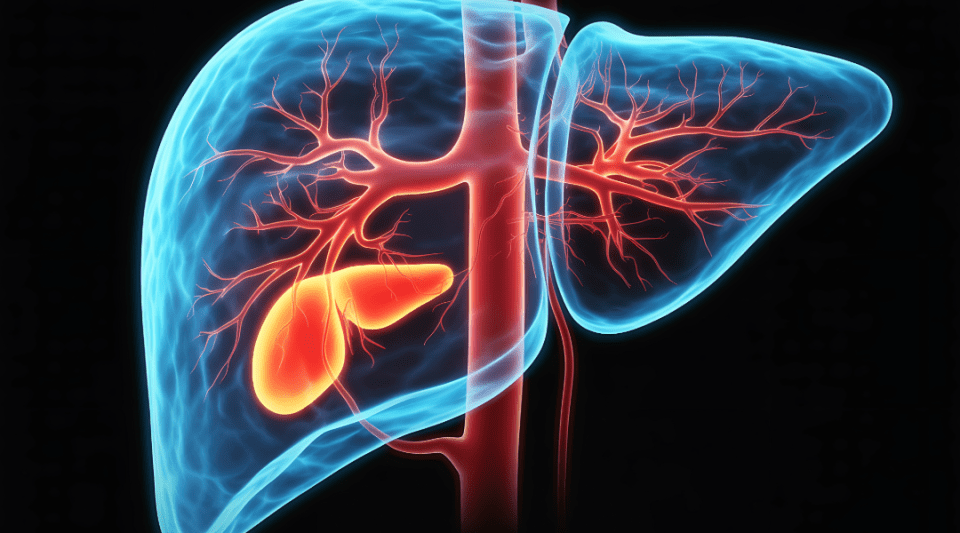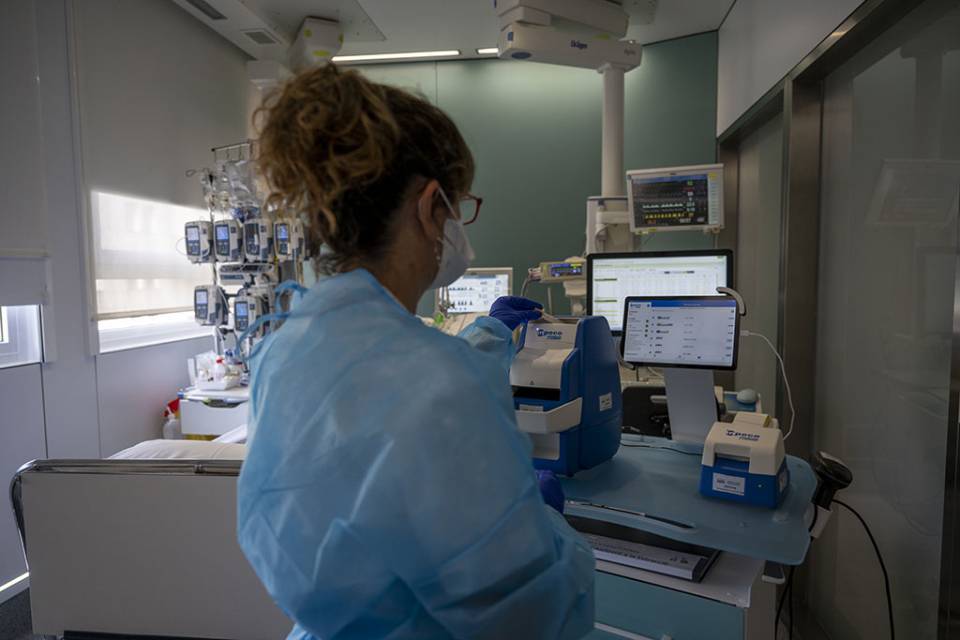This digital application will provide detailed information about mood disorders at different stages of the perinatal period, the therapeutic options available—including psychotropic drugs compatible with pregnancy, postpartum and breastfeeding—and the risks and benefits associated with each option. The main objective is to empower women so that they can share decision-making with healthcare professionals, taking into account their personal values and preferences as well as their specific circumstances. This new tool is being promoted by the Secretariat for Care and Participation and the Master Plan for Affective, Sexual and Reproductive Health (PSASiR) of the Ministry of Health, in conjunction with the working group within the PSASiR that is developing the Perinatal Mental Health Plan. Also participating are the Association for Sexual and Reproductive Rights, Mental Health Catalonia, and 35 professionals from different healthcare centres in Catalonia.
The Hospital Clínic is participating in this initiative through its Perinatal Mental Health Unit (USMP), a specialized healthcare facility that has been a reference centre in Catalonia and Spain since 2000, which offers women with perinatal mental disorders and their newborns multidisciplinary care that integrates disciplines such as psychiatry, psychology, mental health nursing, maternal-foetal medicine, neonatology, and social work.
The Perinatal Mental Health Unit is responsible for the diagnosis, treatment and prevention of perinatal mental disorders, such as postpartum depression, postpartum psychosis, anxiety disorders and cases of perinatal grief, among others, and integrates research into clinical practice.
According to data from 2024, the annual incidence of depression in Catalonia (new cases per 1,000 inhabitants) shows that women have a rate of 12.41, whilst men register 6.29. This means that depression affects almost twice as many women as men in terms of new diagnoses each year. In terms of prevalence (the proportion of people living with depression at any given time), it is also higher in women (7.11%) than in men (3.2%), meaning that women are at greater risk of suffering a first episode of depression. On the other hand, it is estimated that 1 in 5 women will experience a mental disorder during pregnancy and/or the postpartum period, with depression being the most common complication of pregnancy.
With this tool, the Clínic reaffirms its commitment to care models that integrate shared decision-making, with a gender perspective and based on available scientific evidence, focused on the safety and well-being of mothers and babies, and aligned with the Ministry of Health’s guidelines.




